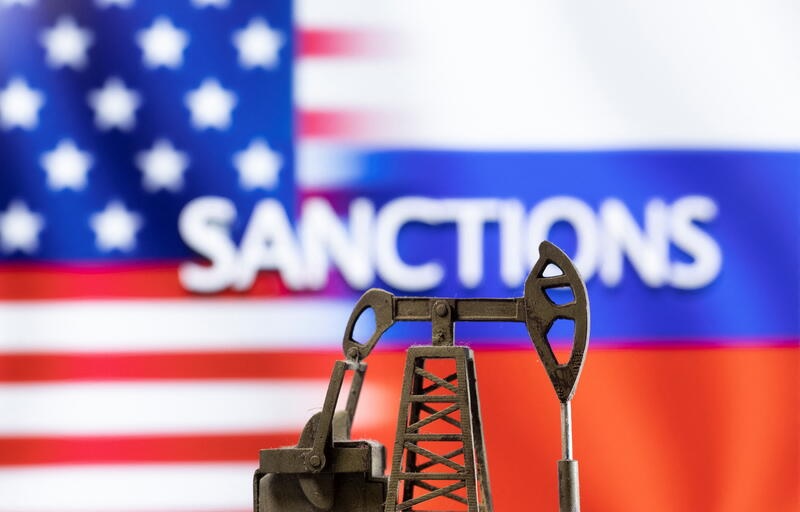
Indian policymakers and civil society alike have now seen the US’ hegemonic hypocrisy on full display. Their skepticism of America’s intentions towards their country was vindicated and those who lobbied for India to comply with the US’ demands on the false basis that doing so would bolster its credibility in the so-called “rules-based order” are now embarrassingly discredited.
Indian media is having a field day talking about the Centre for Research on Energy and Clean Air’s (CREA) latest report proving that the US imported more Russian oil since the commencement of Moscow’s ongoing special military operation in Ukraine than their own country did despite America demanding that India completely cut off its energy ties with the Kremlin.
For the reader’s convenience, they can scroll to page four of CREA’s report to see the infographic proving that for themselves. This “politically inconvenient” fact exposes the US’ hegemonic hypocrisy towards India.
American strategists arrogantly believed that they could successfully coerce India into voluntarily submitting itself to the US as its “junior partner” in perpetuity by abandoning its policy of principled neutrality towards the Ukrainian Conflict and thus sacrificing the strategic autonomy that it’s worked so hard over the years to obtain.
To that end, its representatives demanded that India stop purchasing discounted Russian energy, but to no avail. This whole time, however, they were sneakily purchasing even more Russian energy than India was.
There are a couple important takeaways from this development. First, it proves that the US’ so-called “rules-based order” concept is nothing more than the selective imposition of subjective standards in pursuit of America’s self-interested strategic aims at others’ expense.
Second, the US weaponized energy as a form of leverage against India. Third, America arrogantly believed that it could pressure its South Asian partner into willingly going against its objective interests. Fourth, this policy totally failed. And fifth, the immediate soft power blowback is that American credibility has been greatly eroded.
None of these takeaways advance American interests towards India. To the contrary, they’re counterproductive to them. That country’s policymakers and civil society alike have now seen the US’ hegemonic hypocrisy on full display.
Their skepticism of America’s intentions towards their country was vindicated and those who lobbied for India to comply with the US’ demands on the false basis that doing so would bolster its credibility in the so-called “rules-based order” are now embarrassingly discredited. Nobody can ever take them seriously again and countless careers might have just been ruined.
Only those who are truly sincere among this “chattering class” will atone for the misguided “advice” that they gave India by acknowledging that it was wrong and was presented on a false ideological basis that not even the “rules-based order’s” American enforcer felt was important enough to respect.
Nevertheless, it’s doubtful that many will do so, which would in turn raise questions about their intentions and whether they’re willingly functioning as “agents of influence” instead of being the “analysts” or “journalists” that they describe themselves as.
CREA’s report therefore discredited more than just the US’ already dismal reputation but also exposed what might ultimately turn out to have been its many “agents of influence” operating against India, including within the country itself.
This network is truly global and spans multiple spheres including academia, consultancies, the media, and think tanks. It’s been operating at full force since the commencement of Russia’s special operation in Ukraine but those who questioned its members’ motives were previously smeared as “conspiracy theorists” or even “Russian agents”.
It’s now a documented fact that their intuition about those who lobbied for India to join the US-led Western sanctions against Russia by cutting off its energy ties with the Kremlin was right this entire time.
An entire global network has suddenly been exposed for the whole world to see since their information products on this issue are a matter of public record now. It might therefore be useful for passionate activists to compile a list of these individuals in order to inform the public that they shouldn’t be trusted from here on out whenever it comes to their “advice” about Russian-Indian relations.
By Andrew Korybko
Published by One World Press
Republished by The 21st Century
The views expressed in this article are solely those of the author and do not necessarily reflect the opinions of 21cir.com
